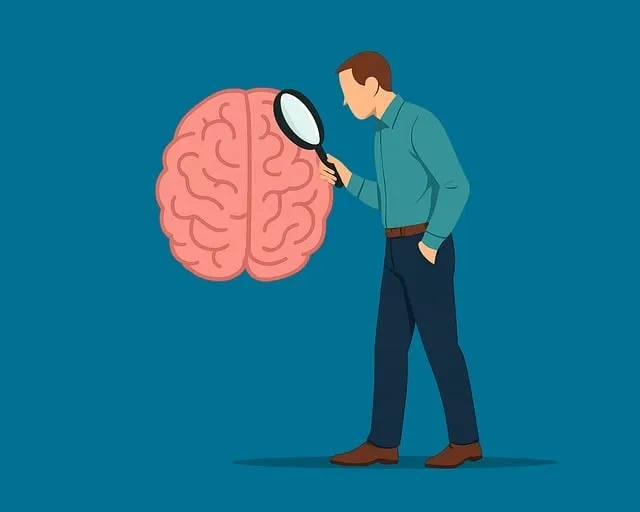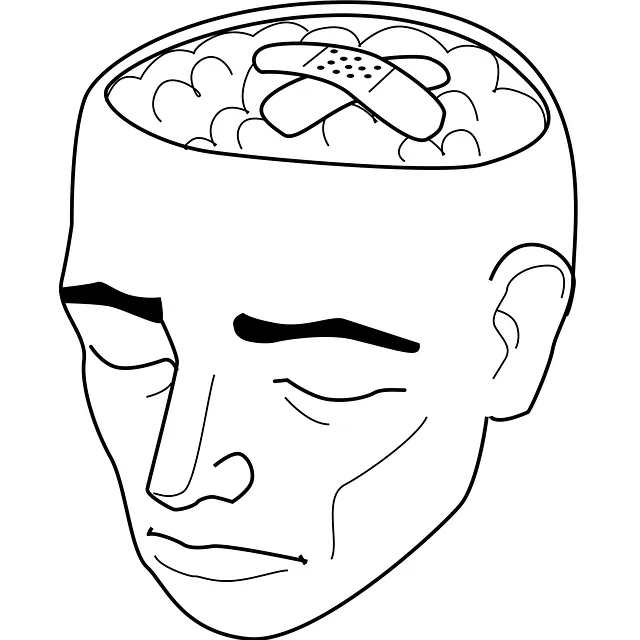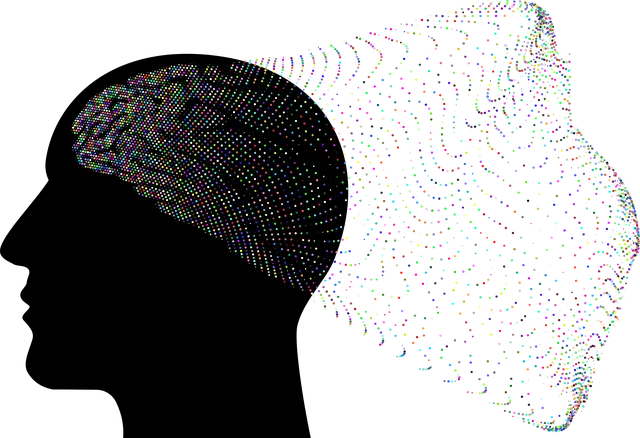The Boulder Kaiser Permanente Mental Health Center grapples with diagnosing mental illnesses due to high patient loads, diverse presentations, and symptom overlap. They combat these challenges through integrated approaches: enhancing mental health awareness for patients and healthcare providers, promoting holistic well-being through conflict resolution and positive thinking, and utilizing burnout prevention strategies and stress management workshops. Additionally, they employ advanced technologies like AI and machine learning to analyze patient data accurately, while the Mental Wellness Podcast Series provides real-world insights. These comprehensive initiatives differentiate and improve care at the Boulder Kaiser Permanente mental health center.
At Boulder Kaiser Permanente Mental Health Center, diagnosis accuracy in mental health remains a pressing challenge. This article explores current hurdles, from common misdiagnoses to specific difficulties encountered within the center’s landscape. We present innovative strategies aimed at enhancing assessment precision, including cutting-edge technologies and case studies of successful implementations. Additionally, we delve into comprehensive training programs for healthcare professionals and patient-centric approaches that empower individuals in their diagnoses. By focusing on these efforts, we strive to improve mental illness diagnosis accuracy at Boulder Kaiser Permanente and beyond.
- Understanding the Current Challenges at Boulder Kaiser Permanente Mental Health Center
- – Discuss common issues in mental health diagnosis accuracy
- – Highlight specific challenges faced by the center
- Innovative Strategies for Enhancing Diagnosis Accuracy
Understanding the Current Challenges at Boulder Kaiser Permanente Mental Health Center

The Boulder Kaiser Permanente Mental Health Center has been at the forefront of mental health care, but it’s not without its challenges. One significant hurdle is the complex and often intricate nature of diagnosing mental illnesses. With an increasing patient load and a diverse range of presentations, ensuring accurate diagnoses can be difficult. The center aims to improve this process by promoting mental health awareness among both patients and healthcare providers. Educating individuals about early signs and symptoms empowers them to seek help promptly.
Additionally, the center recognizes that fostering positive thinking and teaching conflict resolution techniques are essential components of holistic mental well-being. These strategies not only enhance diagnosis accuracy but also contribute to better patient outcomes. By integrating these approaches into treatment plans, the Boulder Kaiser Permanente Mental Health Center strives to provide more effective care, catering to the unique needs of each individual.
– Discuss common issues in mental health diagnosis accuracy

Mental health diagnosis accuracy has long been a point of concern, especially in institutions like the Boulder Kaiser Permanente mental health center. One of the primary issues is the complexity and overlap of symptoms across various disorders, making it challenging for healthcare providers to differentiate between them. This complexity is further compounded by the subjective nature of patient reporting and the potential influence of cultural differences or personal biases on diagnosis. Additionally, the high prevalence of comorbidities—where a patient has two or more mental health conditions simultaneously—can complicate diagnostic processes.
Burnout Prevention Strategies for Healthcare Providers and Crisis Intervention Guidance are essential tools in addressing these challenges. Inner Strength Development programs can equip professionals with enhanced coping mechanisms to navigate the nuances of diagnosis accurately. By implementing such strategies, healthcare providers at Boulder Kaiser Permanente mental health center can improve patient care, ensure appropriate treatment plans, and ultimately, contribute to better mental health outcomes for their clients.
– Highlight specific challenges faced by the center

The Boulder Kaiser Permanente mental health center has been at the forefront of improving diagnosis accuracy, but it faces significant challenges. One of the primary hurdles is the complex nature of mental illness itself; conditions often overlap, and symptoms can vary greatly between individuals, making precise diagnoses difficult. Additionally, the center grapples with a high patient volume, which stretches resources and may lead to misdiagnoses due to time constraints.
Another challenge lies in the need for continuous education and training. The rapid evolution of mental health research and treatment methods requires healthcare professionals at the Boulder Kaiser Permanente center to stay updated, especially regarding emerging disorders and diagnostic tools. They aim to overcome these obstacles by implementing Conflict Resolution Techniques to manage internal conflicts and providing Stress Management Workshops Organization for staff, thereby enhancing overall Mental Health Awareness within the facility.
Innovative Strategies for Enhancing Diagnosis Accuracy

At the Boulder Kaiser Permanente mental health center, innovative strategies are being implemented to enhance diagnosis accuracy. One notable approach involves leveraging advanced technology, such as artificial intelligence (AI) and machine learning algorithms, which can analyze vast amounts of patient data more efficiently than human experts alone. By integrating these tools into assessment processes, healthcare professionals at Kaiser Permanente Boulder can identify subtle patterns and correlations that might otherwise be missed, leading to more precise diagnoses.
In addition to technological advancements, the mental health center prioritizes ongoing training for its staff through initiatives like the Burnout Prevention Strategies for Healthcare Providers and Stress Management Workshops Organization. These programs not only equip providers with updated knowledge and skills but also foster a culture of continuous learning and improvement within the center. Furthermore, the Mental Wellness Podcast Series Production serves as an engaging resource, offering insights from leading experts and real-life stories that contribute to raising awareness about mental wellness while enhancing diagnostic capabilities through evidence-based practices.
The journey towards enhancing mental illness diagnosis accuracy at Boulder Kaiser Permanente Mental Health Center is an ongoing process, filled with both challenges and innovative solutions. By acknowledging the current obstacles, from diagnostic complexity to resource limitations, we can implement strategic improvements. Adopting evidence-based practices, integrating advanced technology, and fostering multidisciplinary collaboration are key steps in advancing diagnosis accuracy. These efforts not only benefit patients but also ensure that the Boulder Kaiser Permanente mental health center remains at the forefront of providing effective, personalized care.






